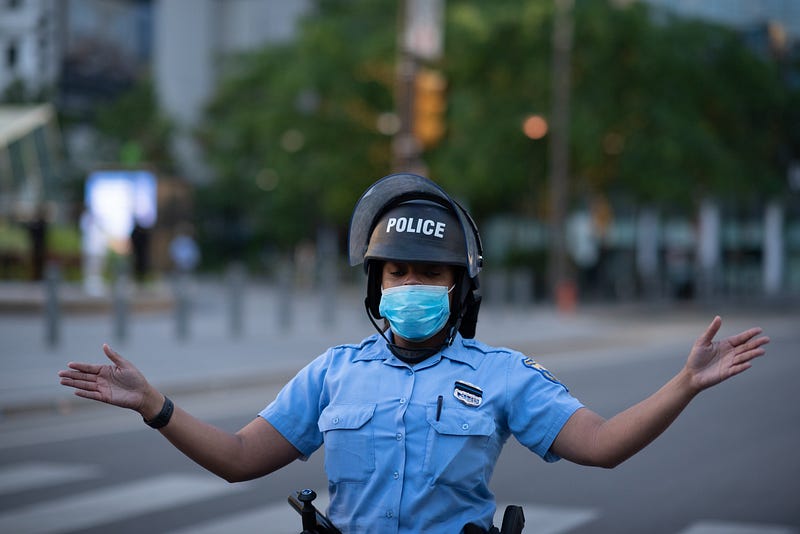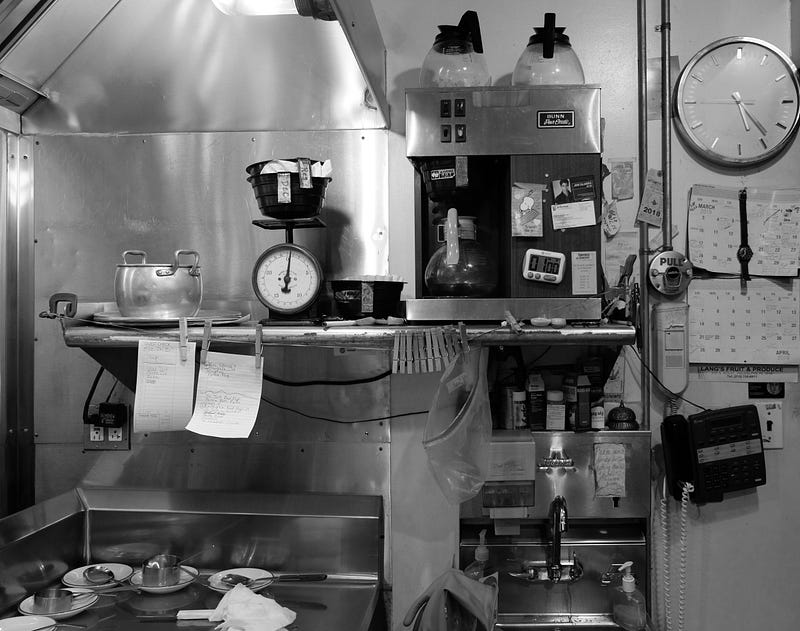In the fallout of the Inquirer and WHYY’s uncovering of the scandal surrounding Philly Fighting Covid, a local startup that received funding from the city to provide testing and vaccination sites, city council has introduced legislation to strengthen their oversight over the partnerships the city enters, and individual members have shown that they are going to “get to the bottom of this.”
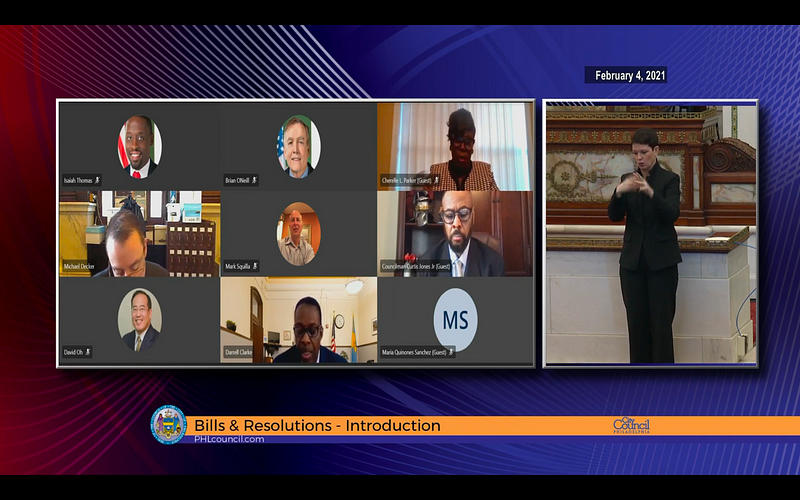
Philly Fighting COVID, a foundling startup with 22 year-old CEO Andrei Noroshin at the helm, was given a handshake contract with Mayor Kenney to provide testing and vaccination centers in various sites throughout the city last winter. Since then, scandal after scandal has come to light about Noroshin, Kenney, and the Philadelphia Department of Public Health.
“I’m never surprised by a screw-up from City Hall, but this whole thing is just outrageous.” — Josh Kelly, Temple Graduate Student
Noroshin has recently claimed innocence, but has admitted to stealing COVID-19 vaccinations and distributing them to his friends. He is also being investigated over Philly Fighting Covid’s policy of selling patient data, which was unknown to city officials until 2021. Last, but not least, Noroshin also welcomed more scrutiny when it came to light that Council Member Bobby Henon’s family had received at-home testing from PFC in late January.
“If I stole food from the restaurant I worked at and gave it to my friends, I’d be fired on the spot. How does this kid get to do this when the vaccine is so important!” — Julia McGehean, Server at Parc
This storm of events has certainly made the need for action clear to the council. According to the Council’s press release, the legislation proposed by Council Member Bass (8th District) Monday aims to “address deficiencies in how the city Health Department allowed an unqualified group of non-public health professionals gain access to thousands of doses of COVID-19 vaccine for distribution to city residents.” In short, it will enforce new requirements upon health partners that embody a written, public contract and that those within the contract report back to the Council and Health Department once every two weeks.
Council President Clarke spoke on behalf of the legislation, adding that “More than 105,000 people have contracted this virus in Philadelphia, and over 2,800 people have died. We have more than 1.5 million people to get vaccinated.”
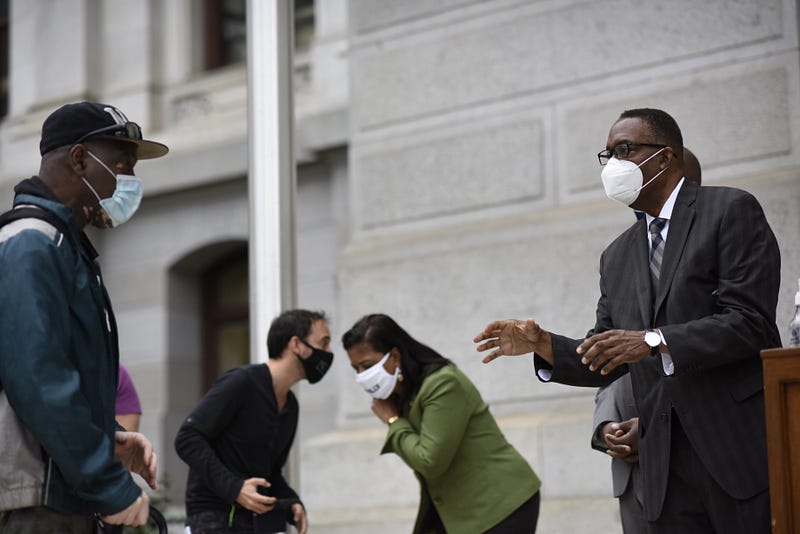
In the same Monday session, Councilmember Maria Quinones Sanchez (7th) also called for a review of the “pass-throughs” that the city relies on such as the Philadelphia Mental Health Care Corporation “which made the initial grant to Philly Fighting COVID.”
Quinones Sanchez say that she has “been raising the alarm about these types of pass-through arrangements for many years. The residents of Philadelphia demand answers. It’s now the obligation of the City Council to review what occurred and provide clarity and transparency.”
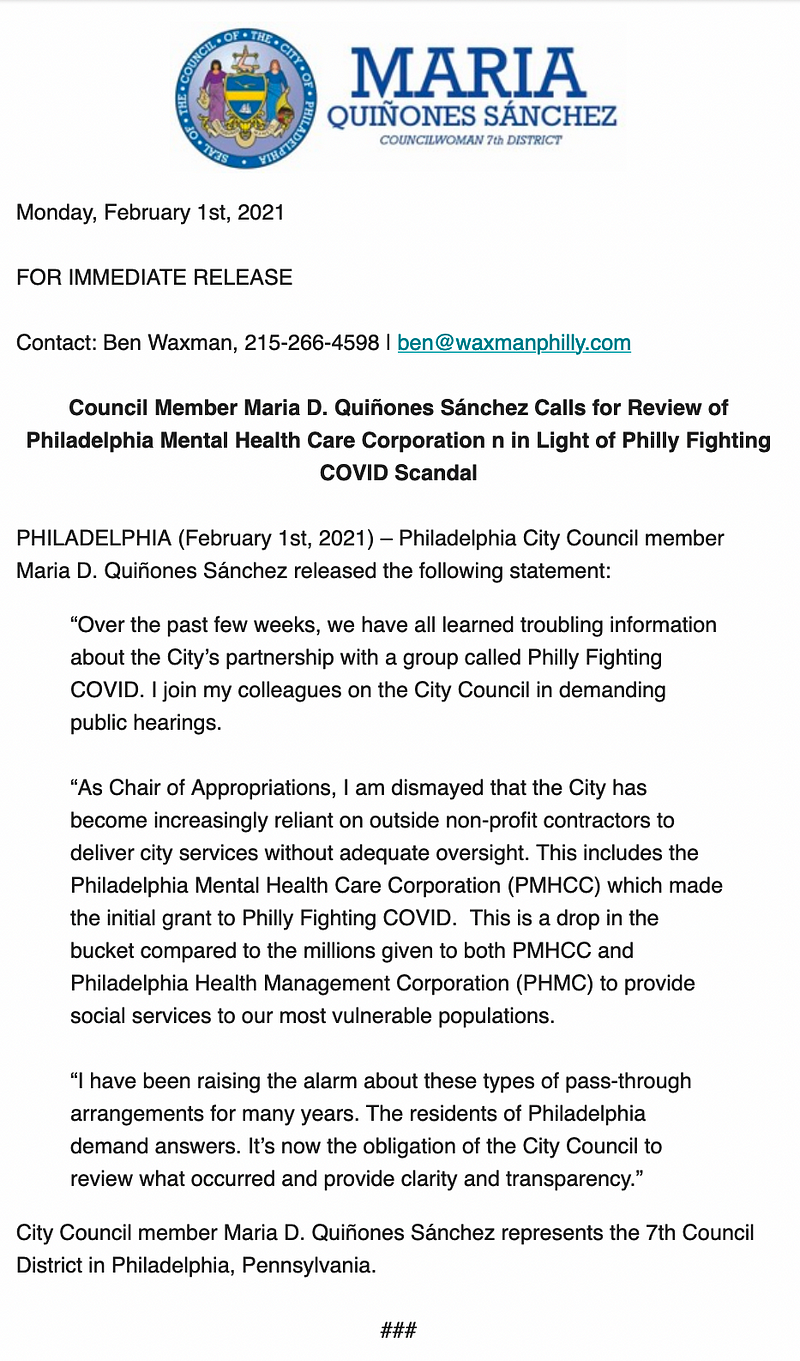
Councilmember At Large Allan Domb echoed this sentiment and spoke to the anger felt in the city by stating that “the multiple websites, lack of coordinated data collection, and the delay in ramping up an intake portal have all led to confusion and frustration for Philadelphians,” said Councilmember Domb. “We continue to be in a time where every decision literally may mean the difference between life and death.”
The council will hold a public hearing tomorrow at 1 PM. Commissioner Farley will be present and answering the public’s questions. It is expected to be contentious and will be focused on how this travesty occurred. Looking forward, many members of the council are proposing new ideas to get Philadelphia up to speed with COVID-19 vaccination.
[embed]https://www.youtube.com/watch?v=G3YXjSa6g_4[/embed]
Councilmember Domb has proposed a massive increase in drive-through vaccination sites in unused parking lots and a tax credit for buildings that renovate and replace ventilation systems with newer models that mitigate COVID-19 exposure. Councilmember At Large Helen Gym has also published a list on her Council webpage entitled “10 THINGS WE CAN DO TO MAKE VACCINE DISTRIBUTION FAIRER AND REBUILD TRUST” which details workable solutions to many of the problems Philadelphia has faced in terms of vaccination.
[embed]https://phlcouncil.com/[/embed][embed]https://phlcouncil.com/[/embed][embed]https://phlcouncil.com/[/embed]
